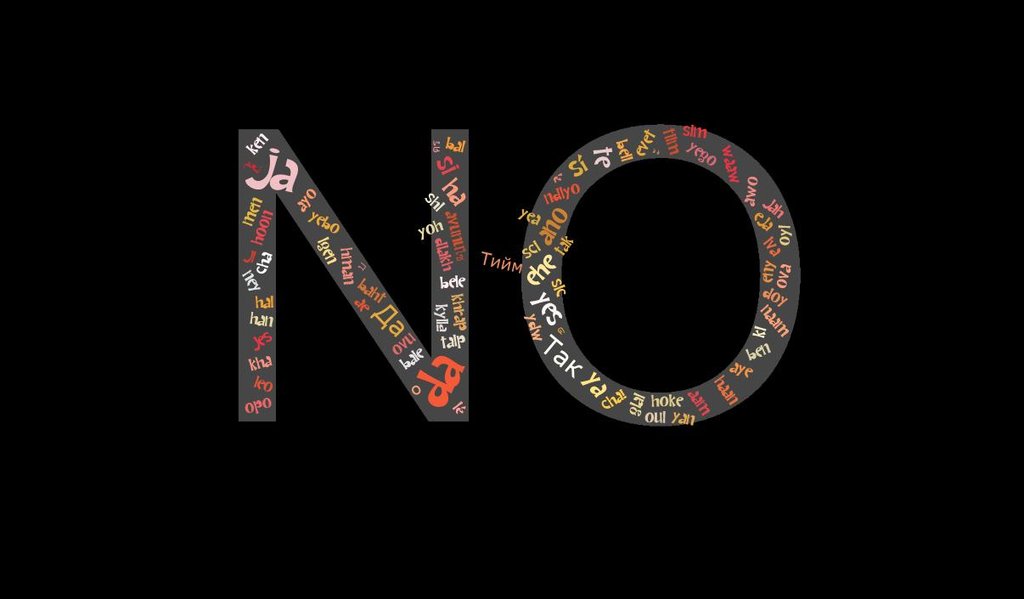Not to be a stickler for organization, but it’s important when you’re embarking on a long journey. It’s helpful to think about writing a book in terms of getting a college degree. Even if you go full time and take maximum credits or challenge every class, it will still take you a certain amount of time to get through all the material. Just so, now that you’ve been doing your Morning Pages faithfully for at least a month, you can see how much material is generated when you write a certain number of pages every day.
The average novel length hovers between 75 and 90 THOUSAND words, which means that you’ll be typing or handwriting A LOT. I recommend you chose whatever form is the most fluid for you. Just remember though, you’ll need to transcribe all your handwritten pages onto the computer eventually, so my vote is for the keys. Especially with your first book. It’s important to have carrots of accomplishment at regular intervals and now is not really the time to be meticulously cultivating the long-hand that will look great under archival glass a hundred years from now when museum guests marvel at seeing the FIRST DRAFT of a masterpiece by (insert your name here). Measurable progress is key, just like getting your report card at the end of a term. The goal is to actually write a book. Focus on this again and again and again.
So, the plan.
1. Think about the book you want to write. You’ll already have some idea about the subject and setup because of your impulse to produce a book. Keep it simple. Some writers labor for months, even years, over the outline of their book. Sit down at your desk, table, coffee shop, wherever you get calm, and jot down a brief paragraph describing how the book will be organized. The key word here is brief. Even if you are George R.R. Martin, you need to get writing. As a three time author myself, I can vouch for the inspiration that just shows up when you start filling a page. The blanks will get colored in. Writing is both channeling and diligent work. Both improve the more you do it. Again, writing is a muscle that needs to be developed and used. This book is specialized training. It is not your identity. It is not your soul being laid bare for the world to desiccate or lionize. Book writing is art and deliberate practice simultaneously. You must fail to succeed. You will rise from the ashes of your first draft, I promise you. And mark my words, there will be many drafts.
2. Now that you have your paragraph of an outline or really, even a Mindmap, set a goal for yourself of how many words you will write per day. My first book’s initial draft took me three months to complete because I set a goal of 90,000 words and committed to writing one thousand words per day. Sometimes I wrote more but I ALWAYS wrote at least a thousand. The important thing here is to choose a number that feels doable while being a bit of a stretch. You want to actually START the trek, not be so intimidated by it that you look at the map instead of taking your first step. If it’s 200 words, fine. Applaud yourself for having breathed life into your book. If it’s 50, great. The number doesn’t matter, your sense of empowerment and conviction that you CAN do it, DOES.
3. Start. I began my first book in the middle of moving from Spokane, Washington to Los Angeles, California. My boyfriend was working on a film in Moab, Utah and I was staying with him for two weeks before we hauled my stuff through to L.A. It was there, in a tiny hotel room, that I decided there was no time like the present. To be honest, having a practice that I showed up for daily was an incredible way to anchor myself in the midst of a tumultuous thing like moving 2,000 miles. You will find that once you start the process, a certain rhythm will develop that leads you back to the page. It may take some days or weeks to settle in, but if you show up, it will too.
So get to it writers! Your writing skills and fluency are developing every day that you put your fingers on the keys, even if you have moments or months when it feels completely clunky and awkward. That’s what editing is for and you don’t need to worry about that right now. Just write.
Jaime Mathis grew up half feral, half in a cult, in the countryside near Oregon City, Oregon. Without books she would have gone pure Tarzan and hence, thanks literature for both sanity and social skills. After travelling the world and picking up a husband in Spain, she returned like a salmon to her spawning grounds where she now resides with 13 chickens, a son and her Dane. You can see her work in places like FORTH Magazine, Dirty Chai, and The Flexible Persona.



Thanks for this post. While I attempt to write a fictional work for the first, I too have been pondering my own time management and organization. Hence, should I seek feedback by publishing a scene first? I question that because it seems as though it is a distraction from my end goal.